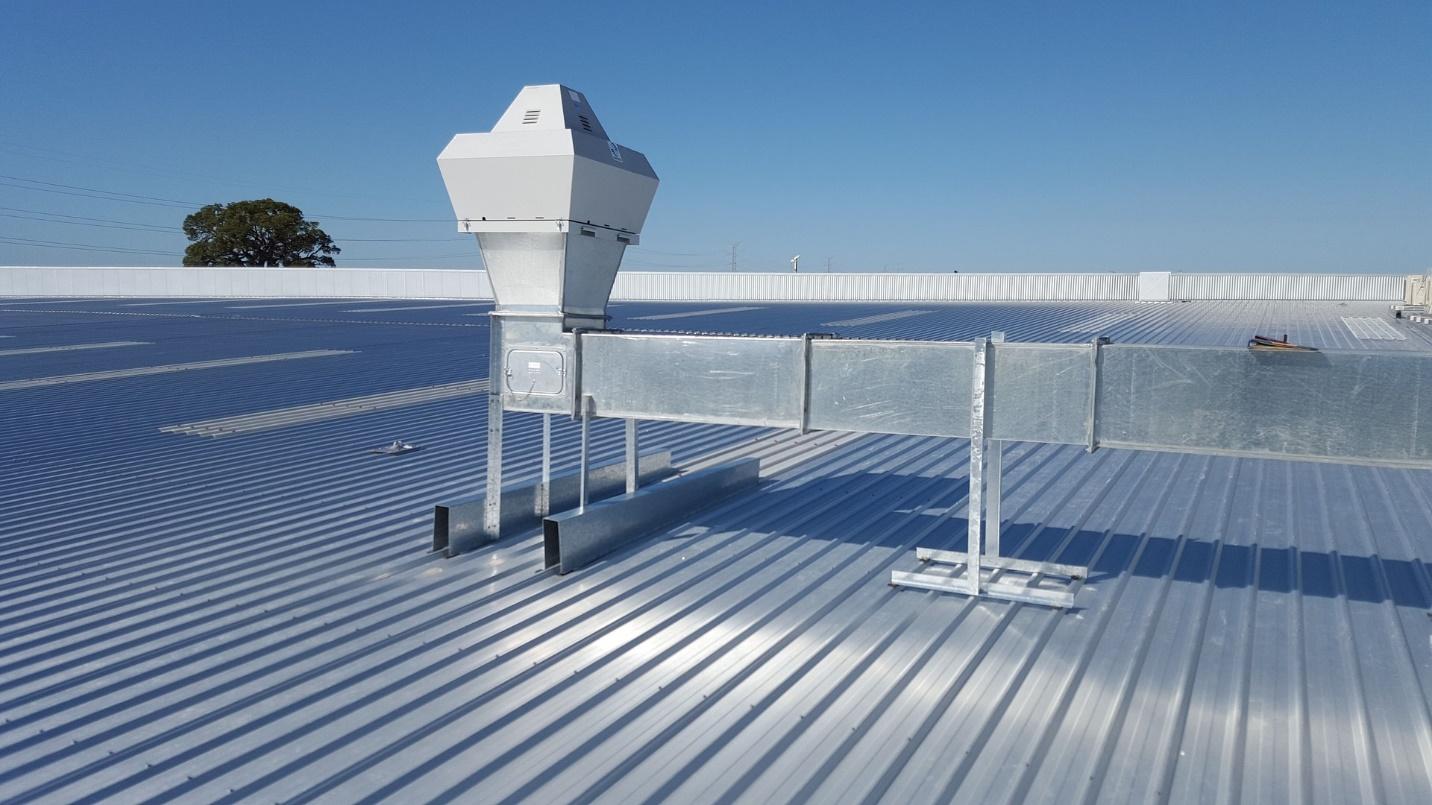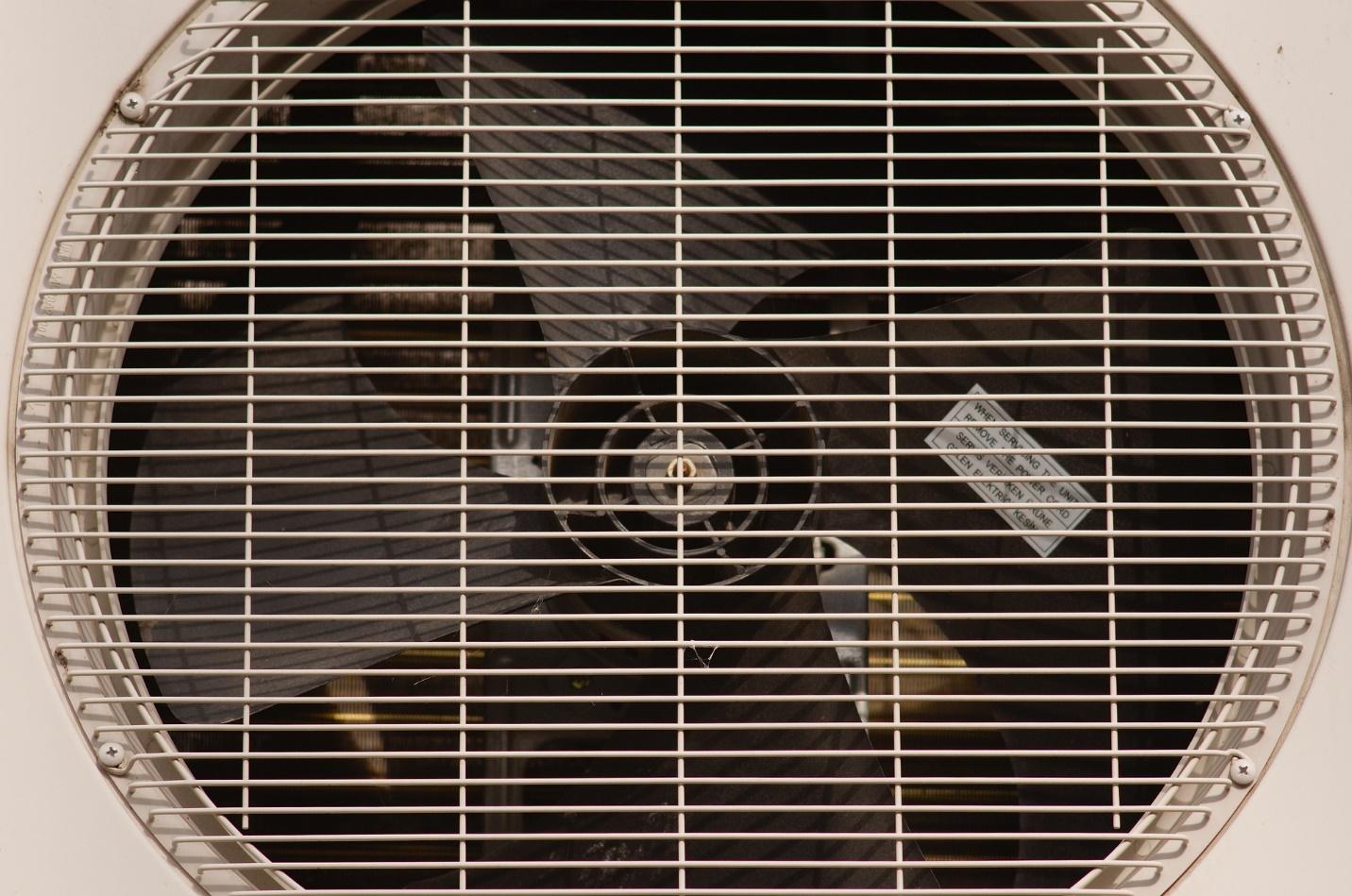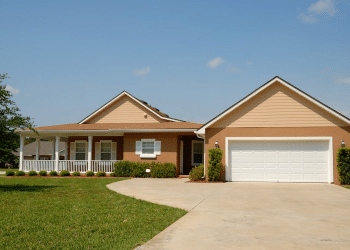Table of Contents
If you have experienced summer in Sydney, you are probably aware of the fact that it is almost impossible to survive without a proper air conditioning system in your house. Many homeowners often face the challenge of installing the right cooling system for their property. However, with so many different types of air conditioners available in the market, it is difficult to choose one that suits your house.
While air conditioners certainly have their benefits, installing a ducted air conditioning system is certainly a better alternative. Not only does it provide more thorough cooling, but it is also energy-efficient and requires less maintenance than air conditioners. Here are some of the ways in which you can benefit from a ducted air conditioning system:
It provides cooling on a larger scale
Ducted air conditioning systems have a single cooling unit that spreads cool air throughout your house via ducts in the ceiling. This allows you to lower the temperature in all the rooms of your house and has a wider range as well. If you are constantly moving throughout the house, then you can enjoy the same coolness without having to install a separate system in each room.
Air conditioners are only limited to one room, which makes movement around the house quite difficult in the summer. It’s never nice to leave an air-conditioned room into the summer heat and so your lifestyle may be affected negatively. However, with ducted air conditioning, you can effectively cool other rooms with the same system, which makes moving around the house much easier.
It saves on energy costs
While the initial costs of a ducted air conditioning installation may be more than a typical air conditioner, it is actually cheaper in the long run. Ducted air conditioners require a single cooling fan to circulate cool air throughout the house, which uses less energy than an AC system. If you have several rooms in your house, then you will have to install AC units in each of them, which could increase the energy costs significantly.
However, ducted air conditioning will only use energy to run a single fan, and so you’ll be saving on your electricity bill in the long run. Therefore, many eco-friendly homes have ducted air con systems rather than air conditioning vents.
Another reason why ducted air conditioning system use less electricity is that they are completely insulated and there is no space for the cool air to escape. You can leave your room door open without having to worry about letting out all the cool air.
It gives you more control
One misconception that many people get about ducted air conditioning is that it does not have any controlling option. However, this is not true. In fact, modern systems have features that allow you to have more control over how you want to cool your house. You can even choose which rooms to cool and which ones you want to leave hot.
In fact, the system is so advanced that you can adjust the cooling temperatures in different rooms, even though it’s controlled via a central cooling system. You can even set a timer that determines when it starts cooling, so you can leave your home, and have it activated before you come back. In terms of temperature control, there is nothing better than ducted air conditioning.
Adjusts well with any property design
One of the benefits of having ducts instead of an AC unit is that it is almost invisible. This makes it blend perfectly with any home design and will not interfere with your interior decorations.
While modern AC units are coming in more elegant styles, it is still unsightly. Whether you are building a new property or renovating your existing one, you will have more control over interior design with ducted air conditioning. It’s also less noisy than the average AC and provides the optimum living experience.
If you are looking for the best air conditioning for your home in Sydney, then ducted air conditioning should be your first choice. Not only does it have a more advanced control system, but it also blends in with the home design and will actually help you save on electricity costs in the long run.









